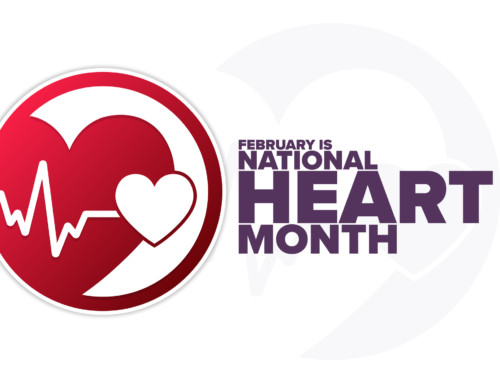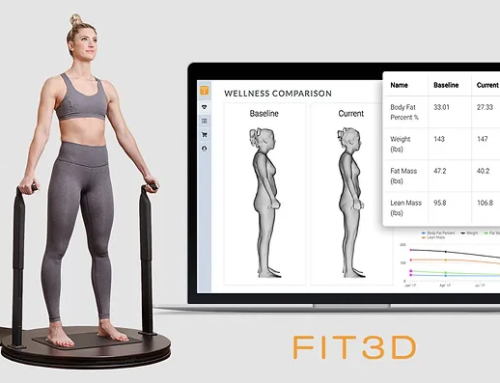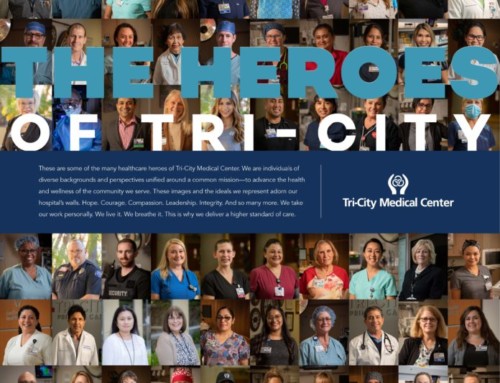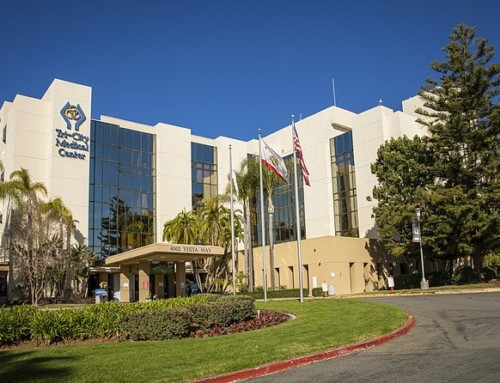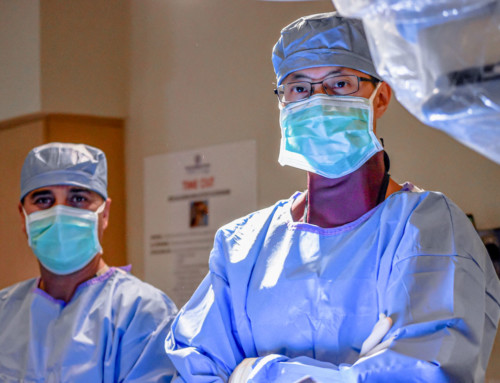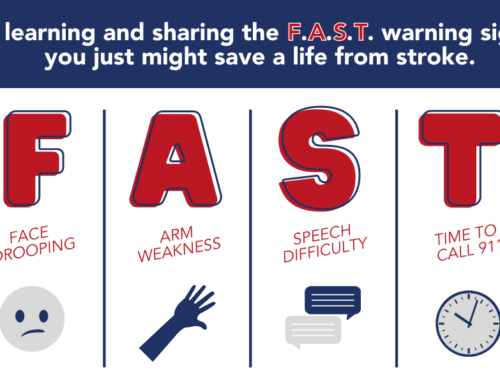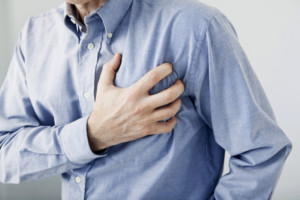 Both heart attacks and strokes occur suddenly and require immediate medical attention. But when the symptoms of a heart attack or stroke abruptly appear, will you know how to tell the difference between the two?
Both heart attacks and strokes occur suddenly and require immediate medical attention. But when the symptoms of a heart attack or stroke abruptly appear, will you know how to tell the difference between the two?
Both result from a lack of blood flow to critical body parts: a stroke is caused by a blockage in blood flow to the brain, while a heart attack is caused by a blockage in blood flow to the heart. The first aid treatments for each emergency differ. Taking immediate action can mean the difference between survival and recovery, or severe damage (and even death) for a patient.
If you suspect someone is having a heart attack or stroke, call 911 to receive emergency medical help immediately. Understanding the symptoms of each can help you know what to do until help arrives.
What is a Stroke?
A stroke occurs when blood flow is impeded from reaching the brain. This disruption of blood flow is typically caused by either a blockage or a ruptured blood vessel in the brain — both instances prevent oxygen from feeding the brain tissue. If this happens, the oxygen-starved brain cells begin to die rapidly, so immediate treatment is vital to a patient’s chances of recovery.
The Centers for Disease Control and Prevention (CDC) reports that a stroke is the fifth most common cause of death in the U.S., killing about 140,000 Americans each year. One out of every 20 deaths is caused by stroke. That’s only a portion of the total number of stroke cases: 795,000 Americans have a stroke each year, and almost one in four of these occurs in individuals who have previously suffered a stroke.
Symptoms of Stroke
Stroke symptoms are the direct result of brain cells dying due to a lack of oxygen. These symptoms may include any of the following:
- Unexpected dizziness or loss of balance that makes walking or other physical activities difficult
- Weakness or numbness in limbs or face — often only on one side of the body
- A severe headache
- Unusual blurriness in one or both eyes
- Difficulty speaking or understanding communication
It can be difficult to remember a full list of the possible symptoms of a stroke, especially when they’re occurring in the heat of the moment. The three key symptoms impact a person’s face, arms, and ability to speak.
Use the mnemonic FAST to help you remember how to identify and respond to a stroke quickly:
- Facial drooping
- Arm weakness
- Speech difficulties
- Time: Time is of the essence. If you or someone you know experiences any one (or more) of the above symptoms, seeking medical attention immediately can make the difference between life and death.
What Can You Do?
If you suspect someone may be having a stroke, call 911. Keep the patient safe from falls, and monitor them closely while you wait for emergency medical services. Make a note of the time the symptoms began and be as accurate as possible — this information can be helpful for medical personnel when they administer treatment.
What is a Heart Attack?
A heart attack occurs when blood flow is impeded from reaching the heart, severely damaging the heart muscle. Most heart attacks are caused by coronary artery disease, a condition which occurs when plaque builds up in the arteries. The plaque restricts blood flow over time, which forces the heart to work harder — and can lead to damaged or failed heart muscles.
Similarly to brain cells during a stroke, when the heart muscle doesn’t receive oxygen from blood flow, it begins to die. Restarting the blood and oxygen flow is crucial to prevent any further damage to the heart.
According to the CDC, about 790,000 American have a heart attack every year — and one occurs every 40 seconds. Even more alarming, one out of five heart attacks are considered “silent,” meaning the person wasn’t aware the attack happened.
Symptoms of Heart Attack
Heart attack symptoms may occur suddenly or may build steadily over a period of hours (or even days). The most common symptoms of heart attack include:
- Chest pain or tightness
- Unexplained pain in arm or shoulders
- Unexplained pain in back, neck, or jaw
- Shortness of breath
- Weakness, dizziness, or fainting
A heart attack may also be accompanied by unusual tiredness, nausea, or vomiting; research shows these symptoms might be more common in women than men. Often, these signs are mistaken for other ailments such as chest pain, heartburn, or even a gallbladder attack.
What Can You Do?
If you suspect someone may be having a heart attack, call 911 or seek medical treatment immediately. If the patient stops breathing, perform CPR or use a defibrillator if one is available.
If the patient is breathing and conscious, some professionals suggest taking an aspirin while you wait for medical help to arrive (unless the patient is allergic to aspirin, or has been instructed by their doctor to avoid taking aspirin).
Prevention is Key to Both Heart Attack and Stroke
When either of these life-threatening conditions occur, responding quickly is essential; but preventing them from happening in the first place is even better. In most cases, both heart attack and stroke can be prevented and many of their risk factors are the same, including: chronic and short-term stress, smoking, obesity, and a sedentary lifestyle. Genetics and other “hidden” factors also play a role in your level of risk.
The best ways to reduce your risk of suffering from stroke or heart attack are to make healthy lifestyle choices such as: minimizing stress by practicing stress-reduction techniques, exercising on a regular basis, eating a healthy diet, and avoiding (or minimizing) harmful activities such as smoking.
Want to learn more about your risk for heart attacks and strokes? Have you experienced a heart attack or stroke in the past, and want to reduce your chances of experiencing a second one? Contact our team of medical professionals at Tri-City Medical Center. We’re here to help.
